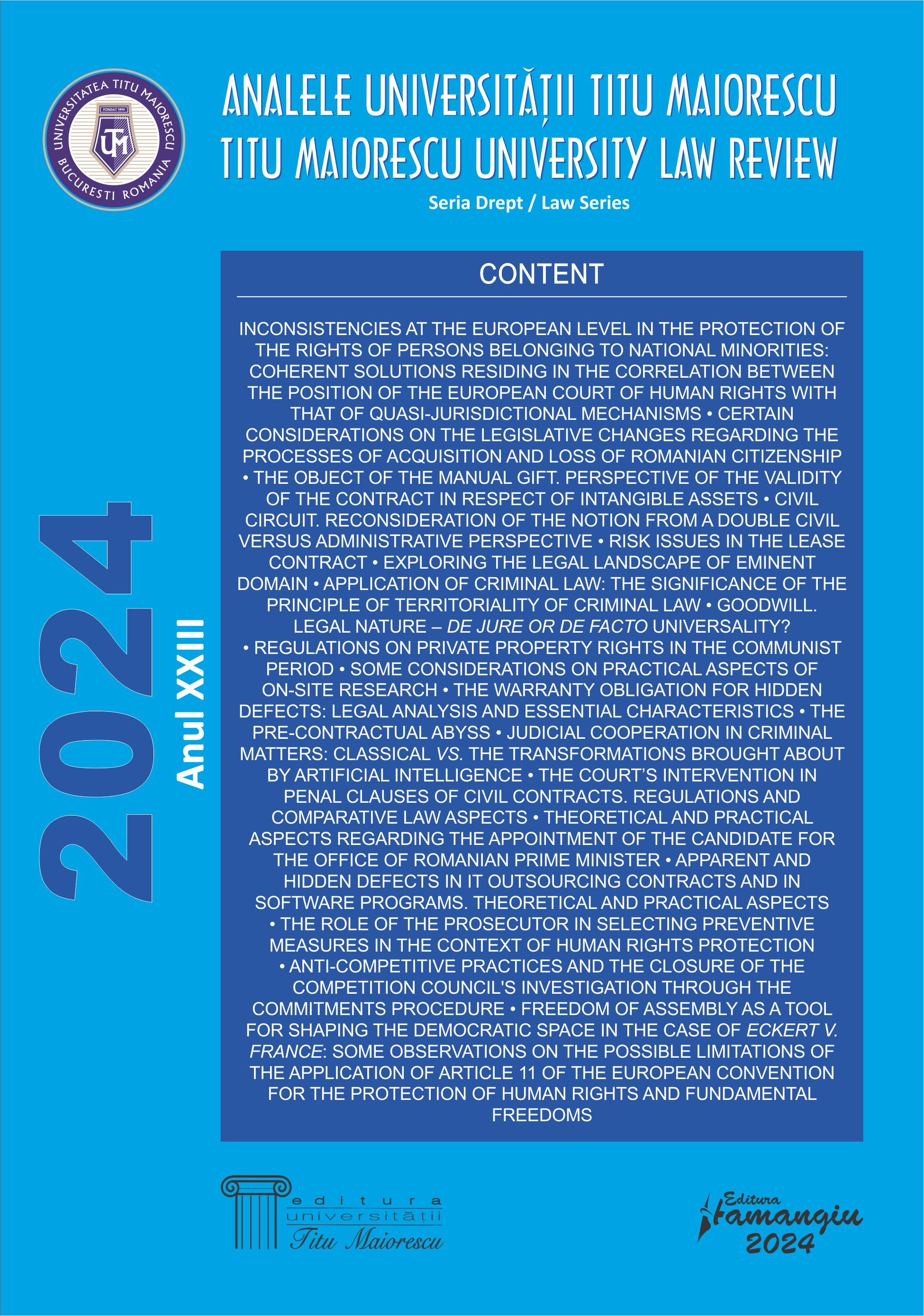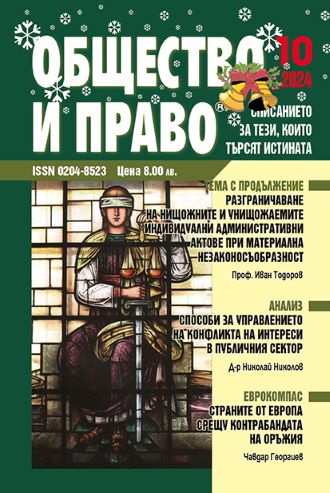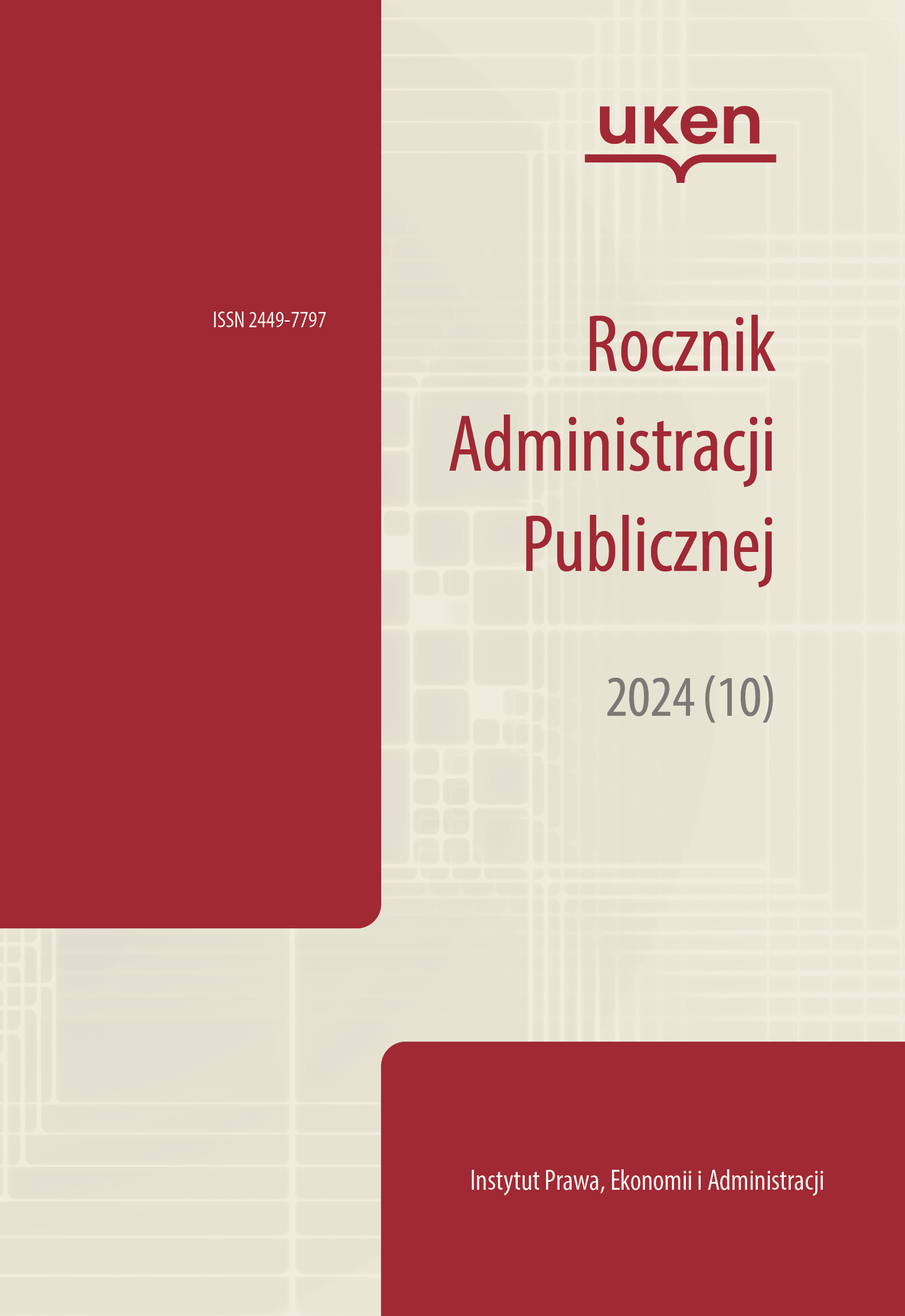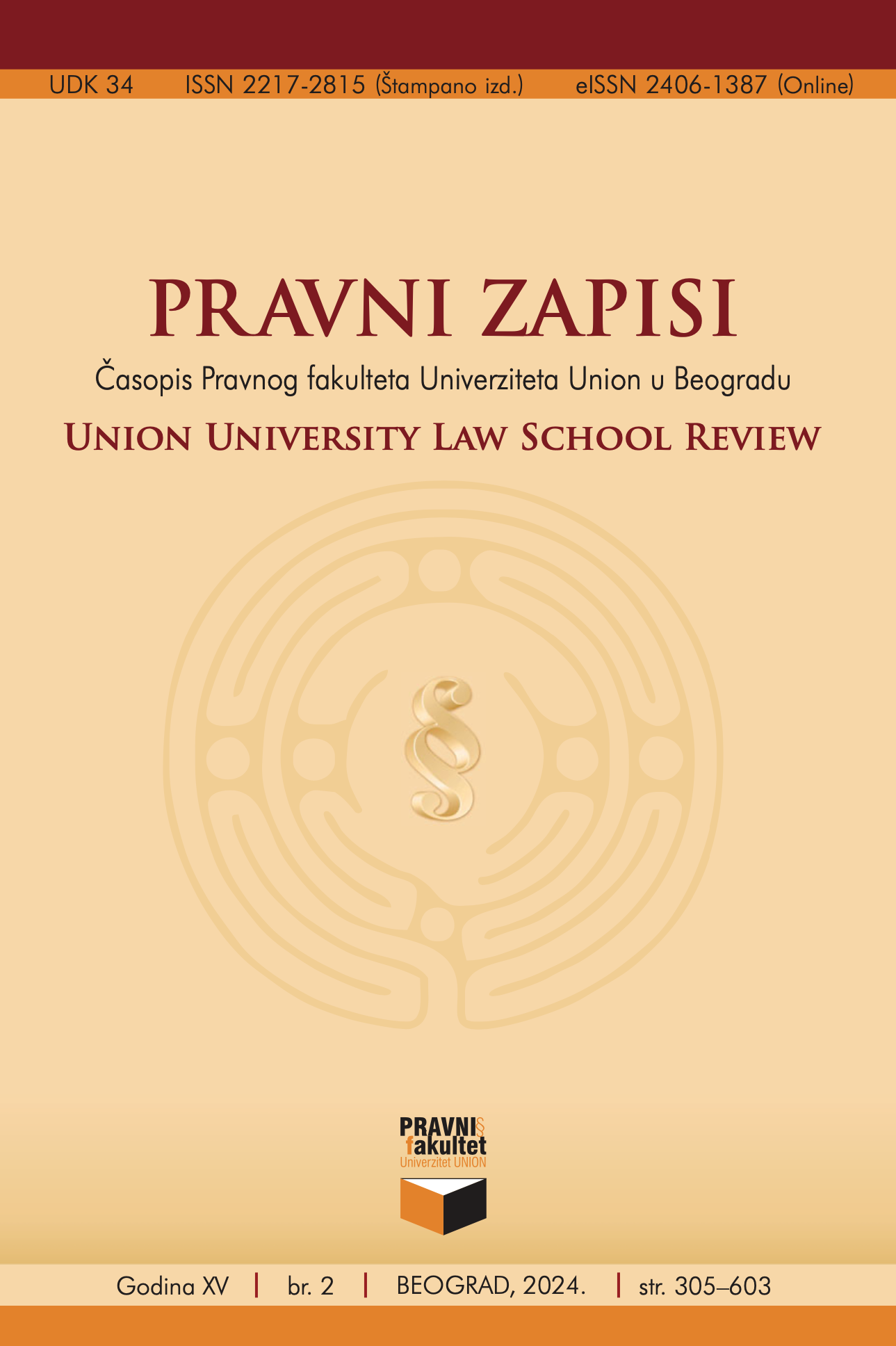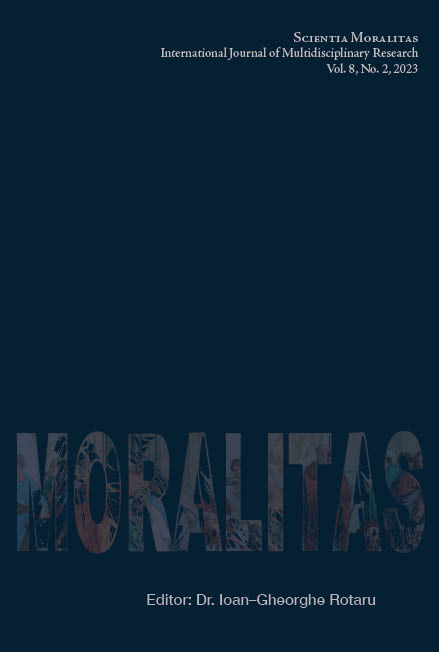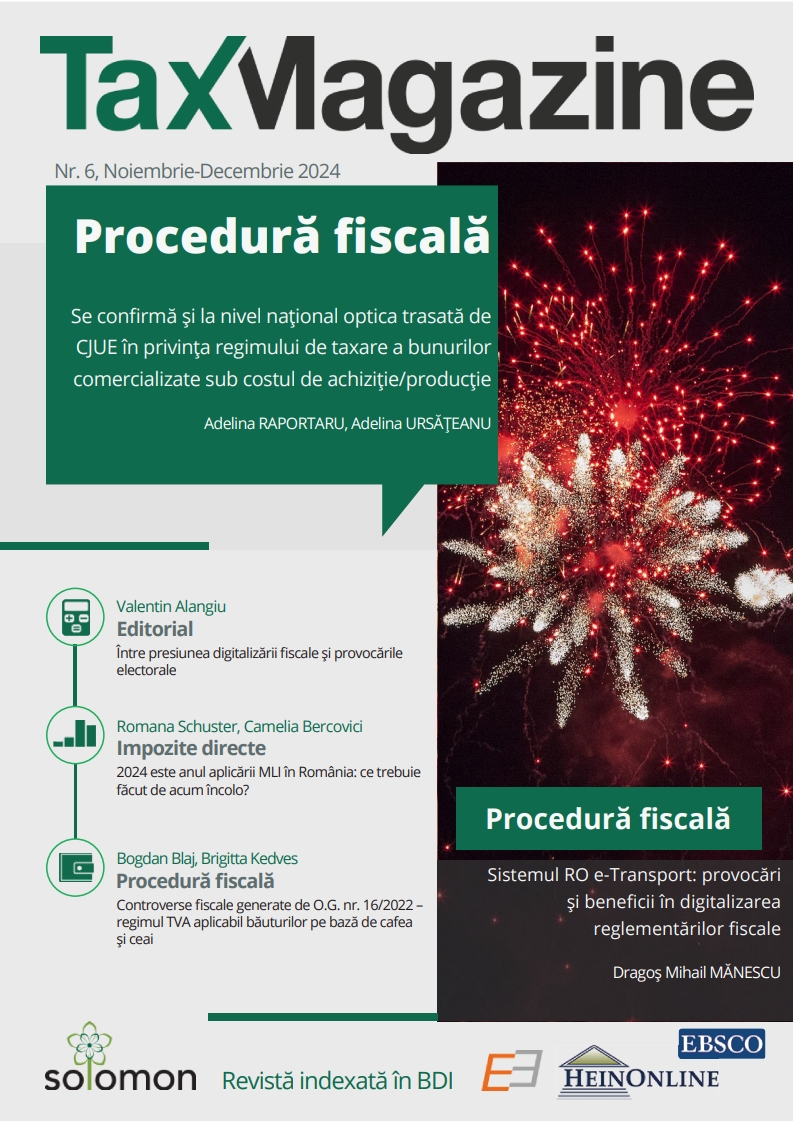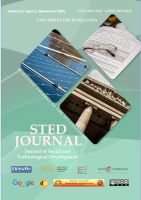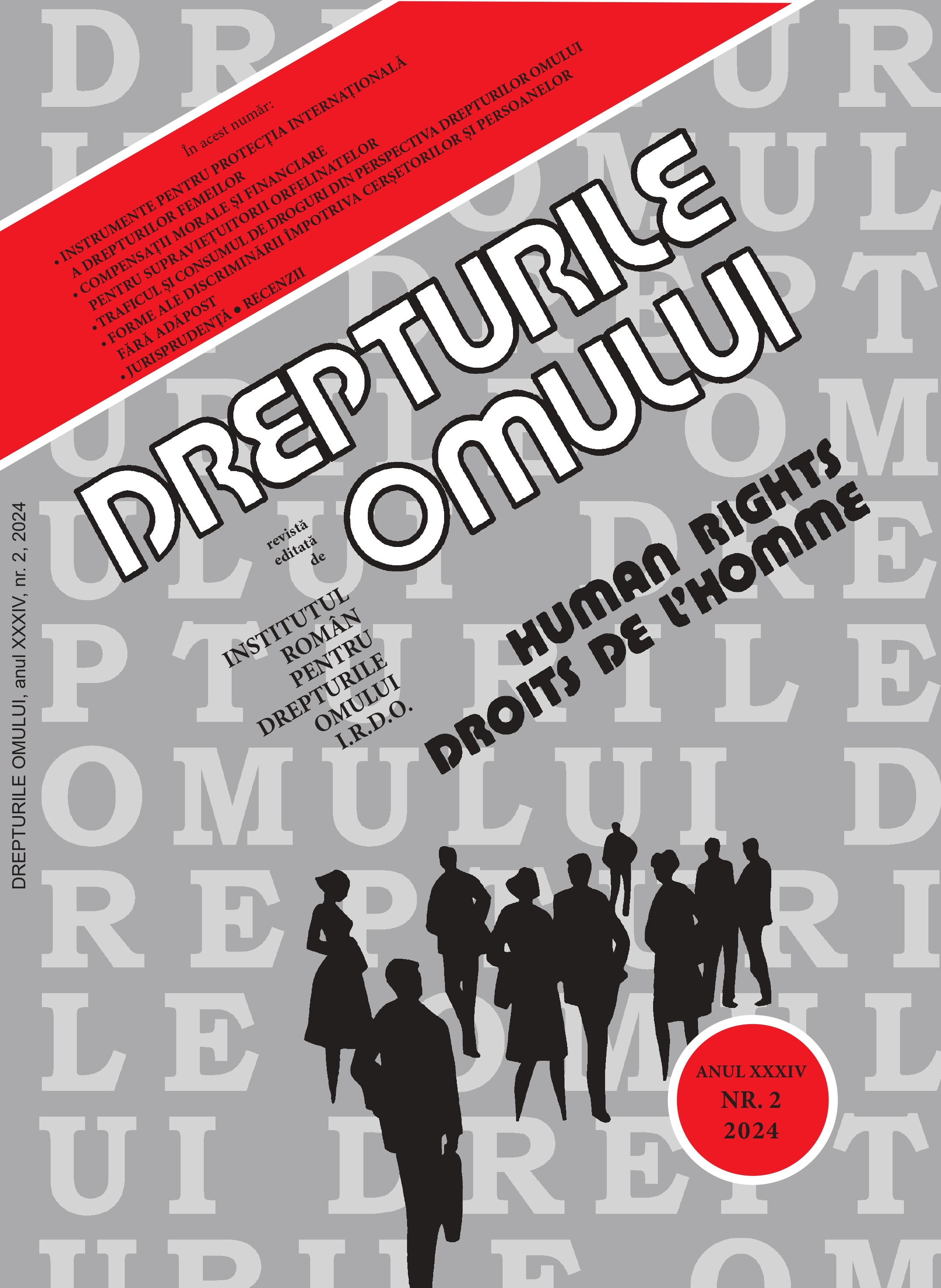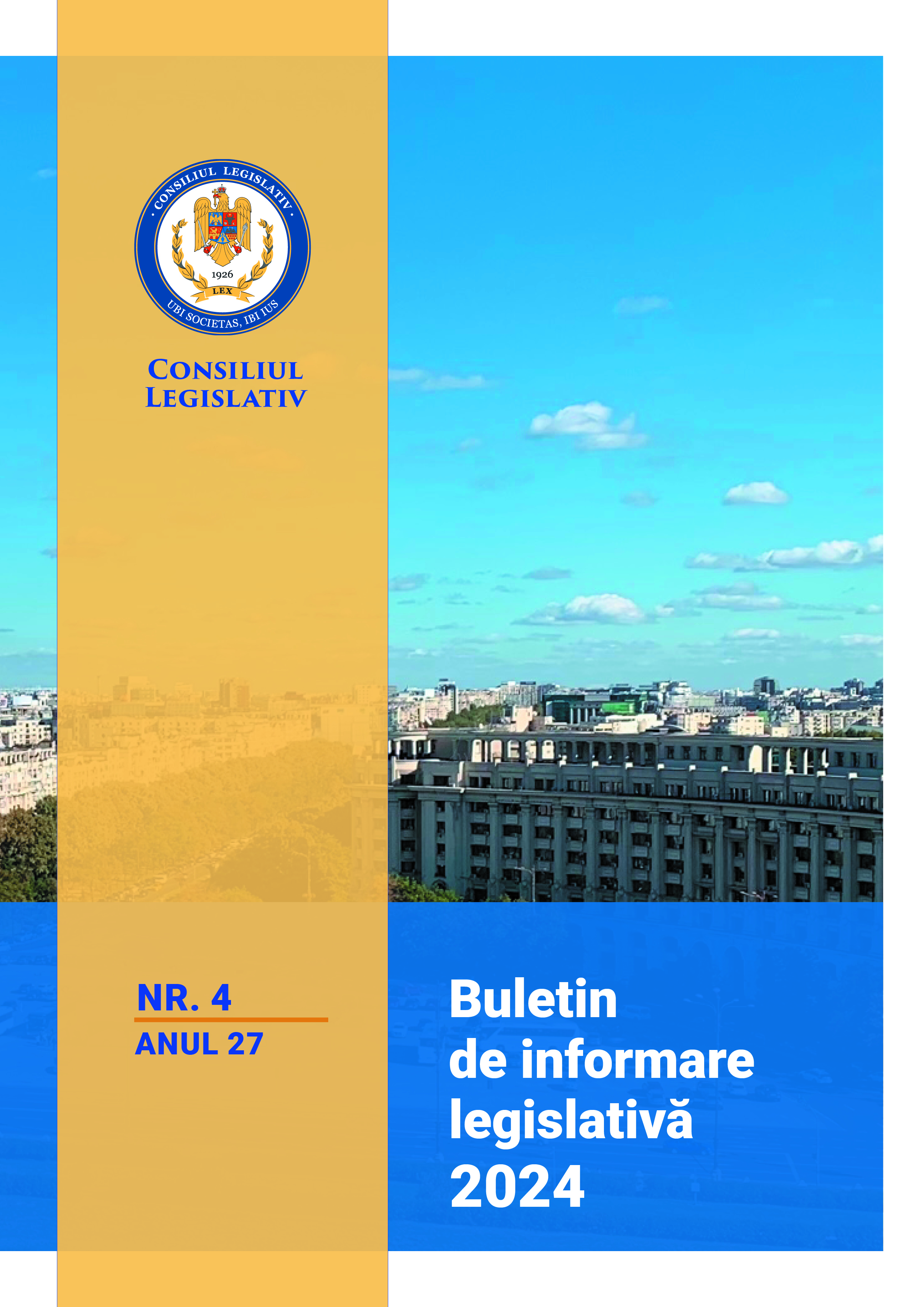
Protecția datelor în cadrul proiectelor cu finanțare europeană
Data protection in the framework of projects with European funding is a broad topic, being present in all of the aspects of obtaining public funds by the beneficiaries. The evolution of the concept of personal data protection regarding projects with European funding can be studied as a process in itself, following the modification of the normative acts of the last decades, but also the jurisprudence of the European Union. The complexity of integrating the principles of data protection emerges from the contradictions that often appear between them and ensuring transparency in terms of public funding and spending the budget of the European Union.The current legislative context brings new challenges in the data protection field. While the Next Generation EU economic recovery package contains the largest funding ever granted in the EU, the new legislative initiatives Data Governance Act and Data Act outline new perspectives in the European data space.
More...
